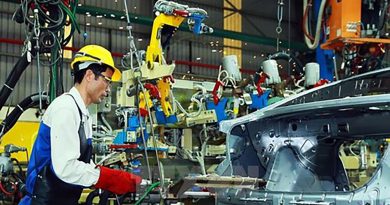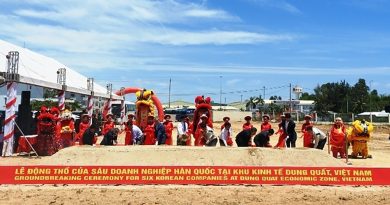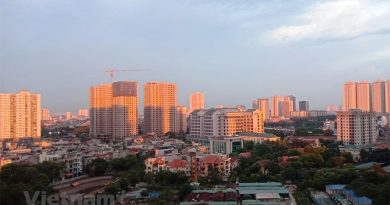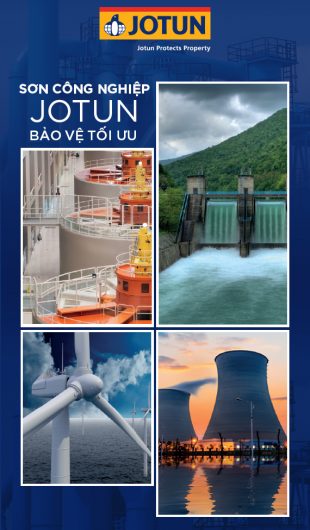Foreign investment (FDI) surges in first six months
A number of foreign direct investment (FDI) projects with total registered capital of billions of US dollars were licensed in late May and early June, resulting in an FDI surge in the first half of 2018 compared with the same period last year. Economists forecast 2018 FDI in Vietnam will exceed US$35.88 billion – the result achieved in 2017.
1,366 new projects
Data from the Ministry of Planning and Investment’s Foreign Investment Agency (FIA) show that in the first half of 2018, Vietnam attracted 1,366 new FDI projects with total registered capital of US$11.8 billion, equivalent to 99.7 percent of the sum in the same period last year. In addition, 507 projects registered to increase their capital by a total of US$4.43 billion, equivalent to 86.2 percent of the amount in the first half of 2017. Also in the first six months of this year, capital contributions and stock purchases by foreign investors totaled US$4.1 billion, a rise of 82.4 percent compared with the same period last year. In all, Vietnam attracted a total of US$20.33 billion in the first half of 2018, up 5.7 percent compared with the same period last year.
An FIA report shows that Vietnam attracted US$9.9 billion of FDI in the first five months of 2018, equivalent to 81.6 percent of the amount in the same period last year.
The FIA attributed the surge in the first six months to major projects licensed in late May and early June. These include a Japanese-invested smart city project in Hanoi’s Dong Anh District with total capital of nearly US$4.14 billion; a polypropylene (PP) plant and an underground liquefied petroleum gas (LPG) storage facility based in Ba Ria-Vung Tau Province with total investment of more than US$1.20 billion by a company from the Republic of Korea (RoK). The Singaporean-invested Laguna (Vietnam) Co., Ltd. in Thua Thien Hue Province increased its capital by US$1.12 billion. Also in the pipeline is Lotte Mall Hanoi, a US$600 million RoK complex consisting of a shopping center, hotels, office buildings and apartment buildings providing short-stay accommodations for tourists; and LG Innitek Hai Phong, an RoK investment project, increased its capital by US$501 million to manufacture camera modules.
New FDI agency
FDI in Vietnam in the first half of 2018 came from 87 countries and territories and covered 17 sectors and fields. Processing and manufacturing industries, real estate, wholesale and retail were the three most attractive areas for foreign investors, with registered capital respectively reaching US$7.91 billion, accounting for 38.9 percent of the total; US$5.54 billion, 27.3 percent; and US$1.5 billion, 7.4 percent.
Japan topped the list of foreign investors in the first six months of 2018, with total registered capital reaching US$6.47 billion, accounting for 31.8 percent of the total. The RoK ranked second with US$5.06 billion, accounting for 24.9 percent of the total; and Singapore ranked third with US$2.39 billion, 11.8 percent.
Given the results of FDI attraction in the first half of 2018 and efforts by the government, ministries, sectors and localities to improve the business and investment environment, economists forecast 2018 will be a prosperous year for Vietnam in terms of foreign investment. Both registered and disbursed amounts are expected to greatly exceed 2017 results.
Somhatai Panichewa, CEO of Amata Vietnam, told Vietnam Economic News that Vietnam, with a favorable geographical location, an improving investment environment and a stable political system, has become an attractive destination for foreign investors, including Thai businesses.
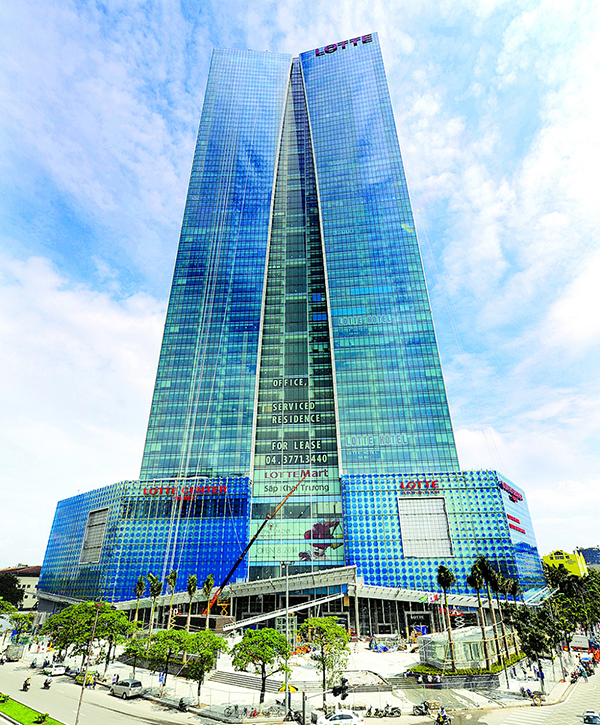
According to Deputy Minister of Planning and Investment Vu Dai Thang, the FDI sector plays an increasingly important role in the Vietnamese economy, which is reflected in its contributions to society and the state budget, as well as the added value it creates. FDI also helps Vietnam expand international relations and adopt advanced management skills. However, Deputy Minister Vu Dai Thang indicated Vietnam’s limitations in attracting FDI. Specifically, most FDI projects are focused on various stages outsourced by foreign firms, leading to low ratio of local content in products assembled in Vietnam. Moreover, the FDI sector still lacks linkages with the domestic sector.
To surmount these limitations, the Ministry of Planning and Investment has proposed the establishment of a new-generation FDI management agency for the 2020-2030 period. This agency will provide guidance to promote new-generation FDI through appropriate policies in the context of numerous changes in the Vietnamese and global economies. Economists believe the agency will contribute to improving the quality of FDI in Vietnam and increasing its contribution to the country’s socioeconomic development.
| In the first six months of 2018, FDI projects disbursed US$8.37 billion, a rise of 8.4 percent compared with the same period last year. This has been the highest half-year disbursement result so far. |
Source: ven.vn





